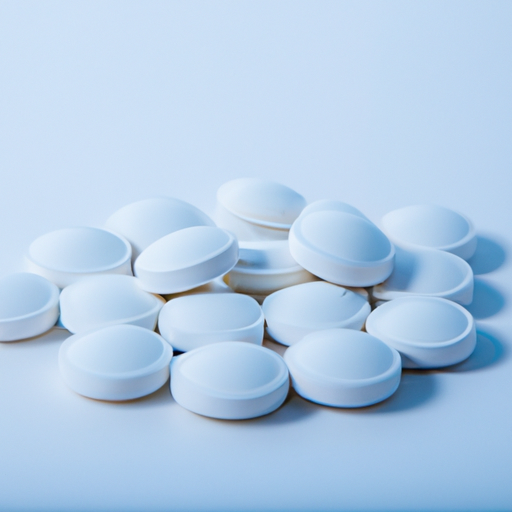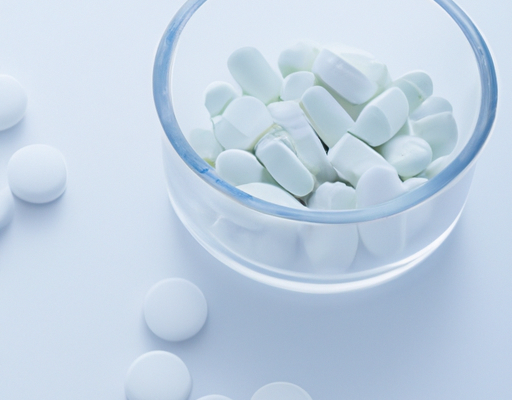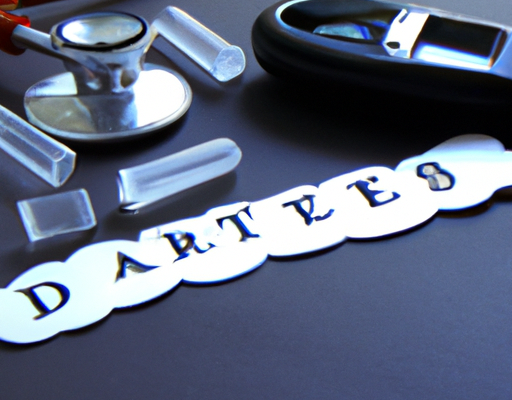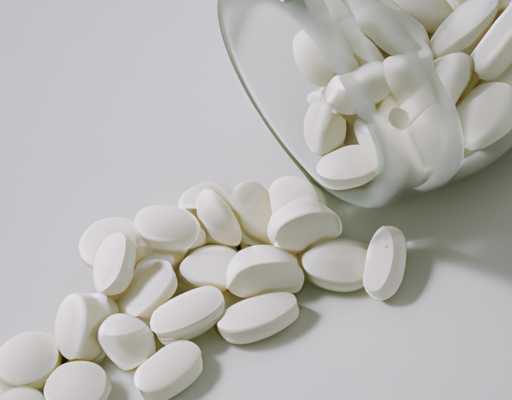Causes
Acne is an especially painful type of pimple that is caused by an imbalance of bacteria, hormones, and oils on the skin. Genetics can play a role, as well as certain medications, stress, poor hygiene and diet, and even some cosmetics. For people who experience chronic and excessive acne, it is important to consult a doctor to identify and treat the underlying cause. Diet changes, such as reducing sugar, dairy, and other processed foods and eating more fruits and vegetables, can help reduce flare-ups. A skin care routine that includes cleaning twice a day and using non-comedogenic and oil-free products is also important to reduce potential triggers for acne. Overall, proper skin care and healthy lifestyle habits can help reduce and even prevent painful pimples.
Prevention
It’s important to take steps to prevent painful pimples from occurring in the first place. Here’s a list of some simple preventive measures that can help:
- Keep your face clean. Wash your face at least twice a day using a mild cleanser.
- Avoid touching your face with your hands or other objects.
- Shower after physical activity to remove sweat and dirt from your skin.
- Avoid using heavy makeup or greasy products.
- Use oil-free skin care products.
- Eat a healthy diet and drink plenty of water to keep your skin hydrated.
By following these simple steps, you can help keep your skin clear and free of painful pimples.
Treatments
Pimples can be painful and embarrassing, but luckily there are treatments available to help.
- Fluid-filled pimples can be treated with a warm compress. Applying a compress to the affected area can help promote drainage and reduce pain.
- Over-the-counter topical treatments, such as benzoyl peroxide, can help to reduce inflammation, kill bacteria and reduce the size of the pimple.
- Prescription antibiotics and topical creams can be used for more severe cases of acne.
- Isotretinoin is a powerful prescription medication that is effective in treating severe acne.
- For painful pimples, oral medications such as ibuprofen or acetaminophen can help reduce inflammation and pain.
It is important to consult with a doctor or dermatologist to determine the best treatment for your individual needs. With the right treatments, you can reduce the pain and inflammation caused by pimples.
Common Myths
We’ve all had to deal with the discomfort of an unwanted pimple, but with so many myths and misconceptions circulating about them, it can be difficult to know what to do. One of the biggest myths is that pimples are caused by bad hygiene. In reality, pimples can be caused by a variety of factors, including hormones, stress, genetics, and even certain medications. Another common myth is that popping a pimple will make it go away faster. However, doing this can actually worsen the situation and possibly cause the infection to spread. The best way to deal with a pimple is to clean the area with a gentle cleanser, apply a medicated cream, and leave it alone. Taking this approach will reduce the risk of scarring and ensure that the pimple is gone for good.
Conclusion
In conclusion, painful pimples can be said to be a common skin issue that many people face. They can be brought on by hormonal changes, bacteria, stress, poor diet and other lifestyle factors. Proper skin care and hygiene as well as choosing the right products for your skin type can help to reduce the occurrence of painful pimples. It is important to consult with a doctor or dermatologist for help with more severe cases of painful pimples in order to ensure the correct treatment is found.





No Comments